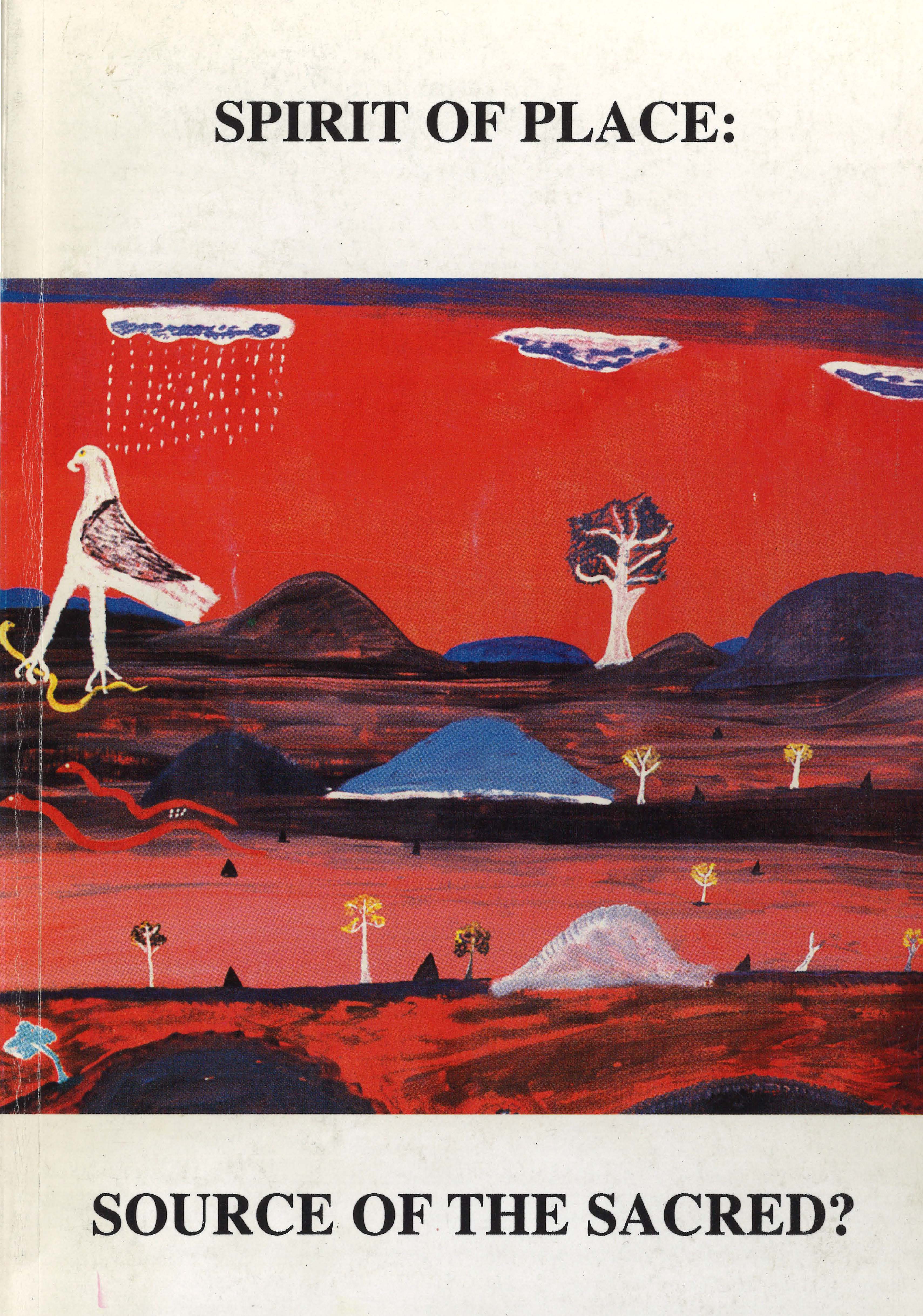Freedom in Exile: Rastafarian Responses to Cultural Disassociation
Abstract
From the outset the Rastafarian movement, which originated in the 1930s in Jamaica, was concerned with the central question of place. In its advocacy of Africa as the true home of all peoples of African descent and especially for the ex-slave population of the Americas, it tapped into a powerful Jamaican tradition of redemption and repatriation, of liberation from the of "mental slavery" which had bound blacks since the advent of colonial interests in the Americas. It also provided a means by which the culturally disassociated could rediscover an identity and sense of worth, taken from them by the process of enslavement. Since the origins of the Rastafarian movement, however, the conception of both Africa, usually referred to as Ethiopia, and Jamaica has undergone considerable modification, reflecting not only the changing social and economic situation of the Rastas in Jamaica, but the spread of the movement beyond its land of origin, into the Jamaican diaspora in Europe and America, where it has attracted not only Jamaicans and their descendants, but others of African descent (African-Americans, for example).Downloads
Published
2017-08-02
